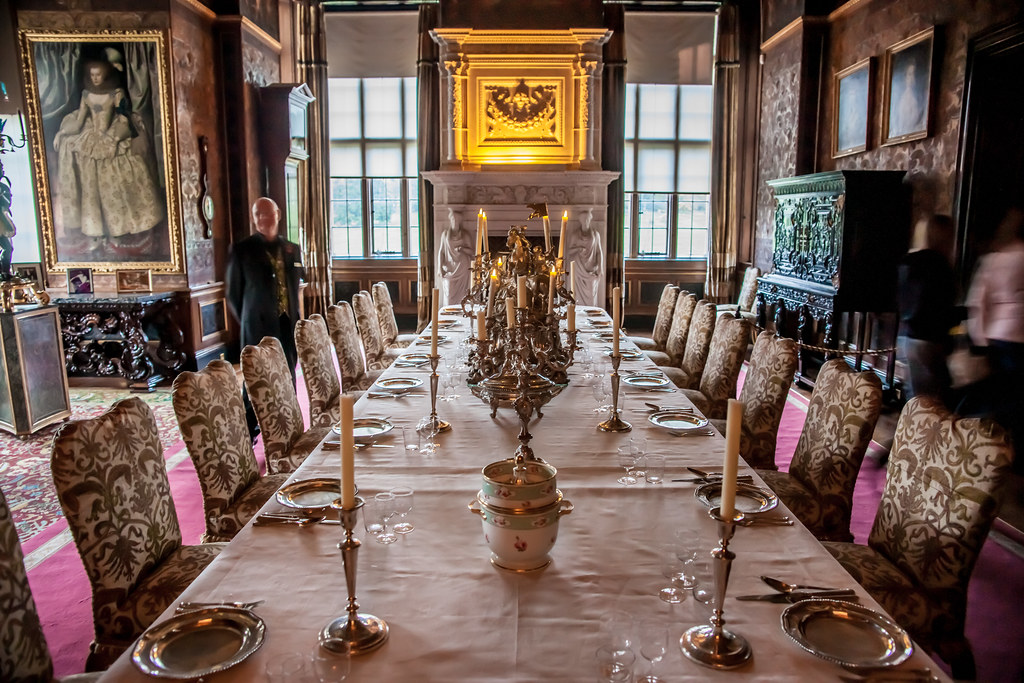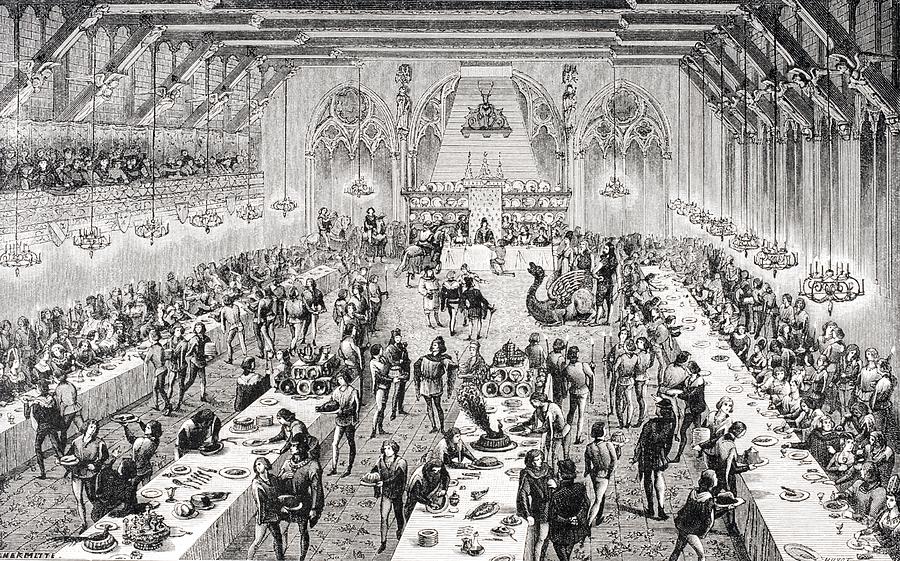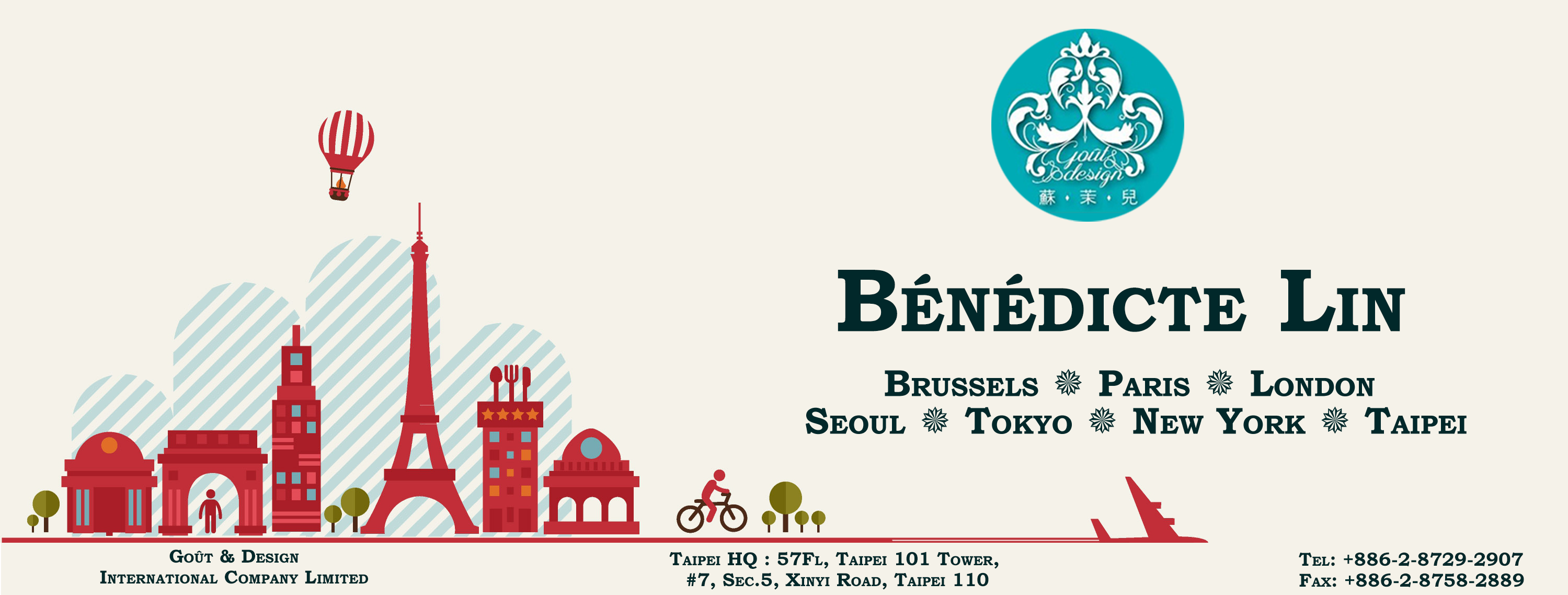A banquet is a formal large meal or feast, where a number of people consume food together. Banquets are traditionally held to enhance the prestige of a host, or reinforce social bonds among joint contributors. Modern examples of these purposes include a charitable gathering, a ceremony, or a celebration. They often involve speeches in honor of the topic or guest of honor
Communal feasting is evidenced from the early Neolithic in Britain. In Ancient Greece, symposium, formed a routine part of life involving the celebratory drinking of wine, conversation and performances of poetry and music. Notable historical and legendary examples of banquets include Belshazzar’s Feast, Last Supper, Manchu Han Imperial Feast, and Mead halls.
Many cultures have developed structures for banquets. In the European Middle Ages, comprehensive ritualized elements were involved in a traditional three-course menu, having up to 25 dishes in each course (this structure persisted into the 19th century). The structure was later altered to two courses, with the previously existing third course changed to the serving of fruit and nuts. Banqueting rooms varied greatly with location, but tended to be on an intimate scale, either in a garden room, banquet hall or inside such as the small banqueting turrets in Longleat House.

Art historians have often noted that that banqueters on iconography records of ancient Mediterranean societies almost always appear to be lying down on their left sides. One possible explanation could lie in the anatomy of the stomach and in the digestive mechanism. When lying on the left, the food has room to expand because the curvature of the stomach is enhanced in that position.
The French are associated with banquets, all things considered the term itself is French and dates back to the Middle Ages. At one time it was simply an activity that had been linked to the aristocracy. It certainly was not an official occasion in any way, on the other hand. Almost all courses were delivered concurrently and folks used to eat by hand. There was undoubtedly no etiquette, in those times! One can imagine that this would be much like a free-for-all and you may not truly know just what to consume to begin with. No wonder it was actually known as, “service en confusion!”

It’s no wonder that the French people by themselves love their culinary encounters. The entertainment business in the nation is built to totally focus around the meal element as part of the actual occasion alone. Among the better event organizers on the planet can be found in this specific nation, along with probably the most impressive venues.
Behind the curtain there is also a lot to sit and learn from the French, who you might say really developed the word hospitality. They are in a position to tell you the right way to setup your solutions as well as to take care of your strategies too. As an example, what number of chaises pliantes do you really need for your specific operation and how must you handle the arrival and also departure of guests, etc.





